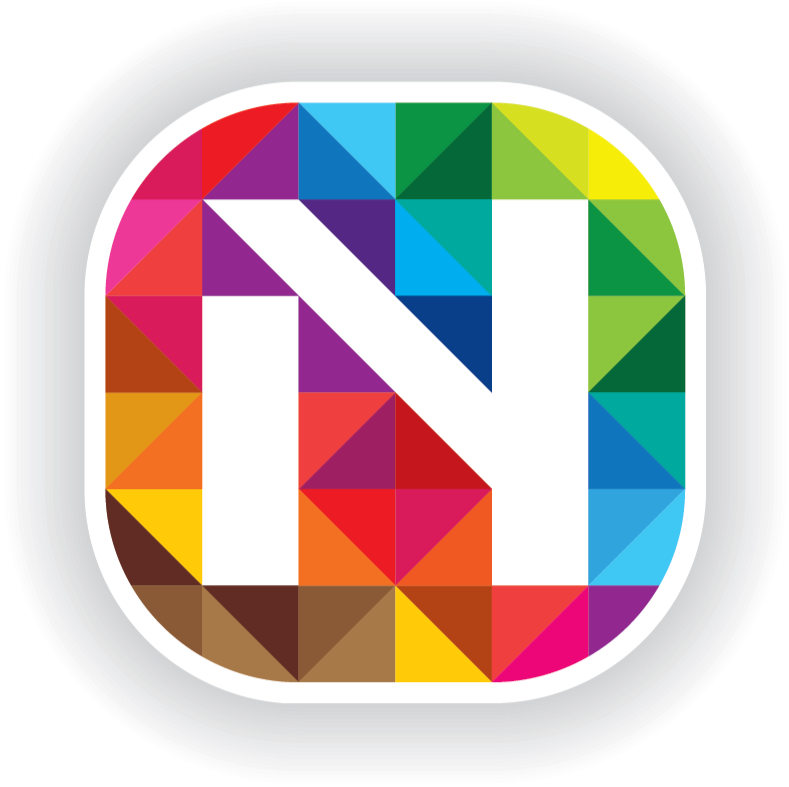

Leadership programs
Youth Leadership Development
This program serves as our main recognition program. The program serves ages15-18 year olds, focuses on public speaking, media recognition, poise, community service, academic strengths, and good character. The winner of the Ambassador program will receive up to a $1,500 scholarship.
Join Our Movement
The typical FBA employee/volunteer has many goals and vision, however, the biggest of them all is simply, “making a difference in the lives of youths."
The foundation's picture is to create an environment that will meet the needs of most disadvantages that our youths may face. In doing so, our goal and mission is to provide the support they need by offering programs within the organization that is tailored to their needs. In the FBA program, these young men are surrounded by other supportive mentors who share the drive to achieve educationally and exercise their creativity in a way that will help them become successful leaders.
If you are looking to volunteer, mentoring a child is a great avenue. If you want to contribute but don't have the time to volunteer, consider donating to the organization, a program or an event.
Anti-Bullying Pack
The goal of the Youth Leadership Development Curriculum is to build resiliency skills, positive identity and self-esteem through a comprehensive positive youth development program. This tool seeks to reduce risky behaviors among our youth and to prevent them from engaging in risky behaviors in the future.
This program is to instill a sense of feeling into our kids, have theme place themselves in the shoes of a bully, as a bystander and then as the bullied. How does it feel? What could you do to help the bullied? Would you help? Why or Why Not? Ask these kinds of questions! The overall goal is to not only encourage our students not to bully others, but ways to help those who are bullied as well.

Ambassador Program
1
2
4
The curriculum we teach is undoubtedly filled with opportunities to engage our students in thinking about character and values. For instance, when studying a novel, we have our students scrutinize the character of the characters? In the novel Huckleberry Finn, Huck’s nagging dilemma was whether it was right or wrong to help a runaway slave escape from his “rightful owner.” Why not ask: What kind of a person was Huck Finn? What were his strengths and weaknesses? How did Huck process his dilemma? What do you think of his choices? What things do you admire about Huck and why? What things bother you about Huck and why? What do you think you would have done if you were in his shoes? What do your responses say about you? Have you ever had to deal with a very difficult conflict in your life?
Character Building










